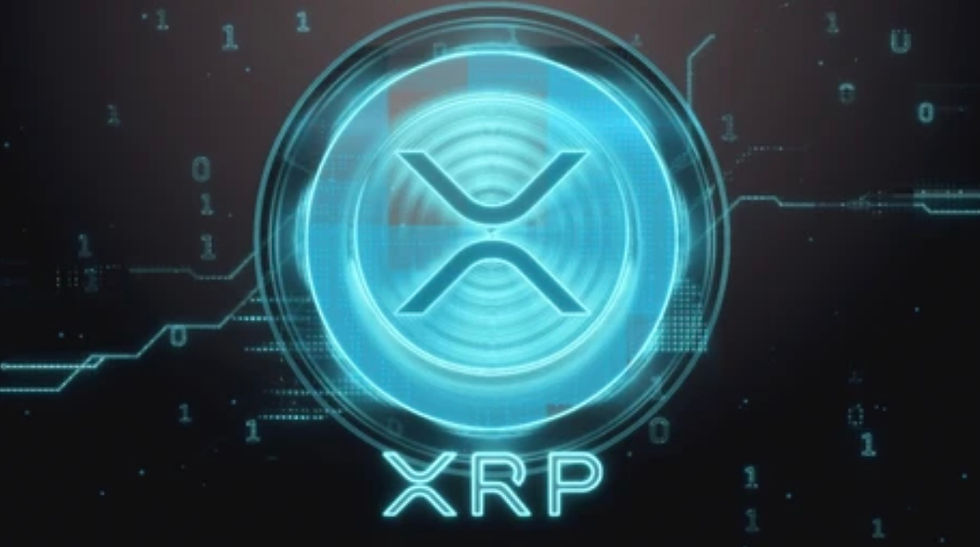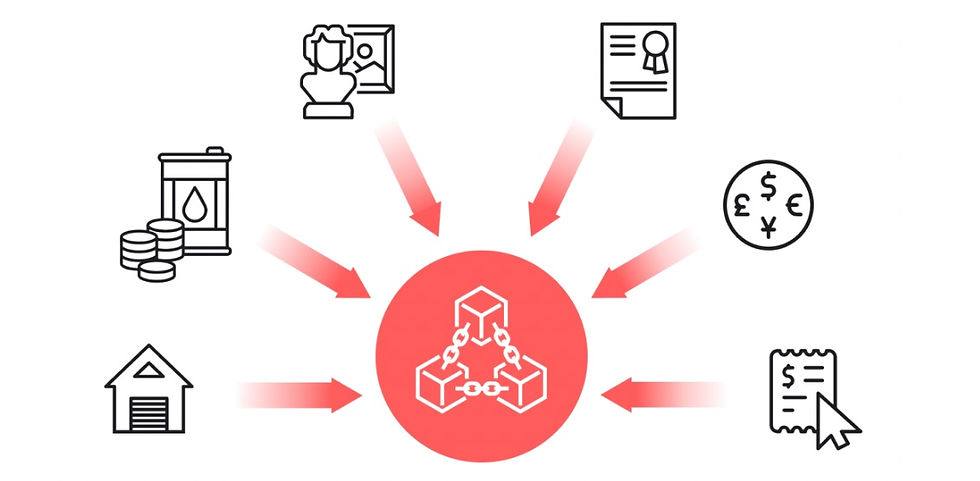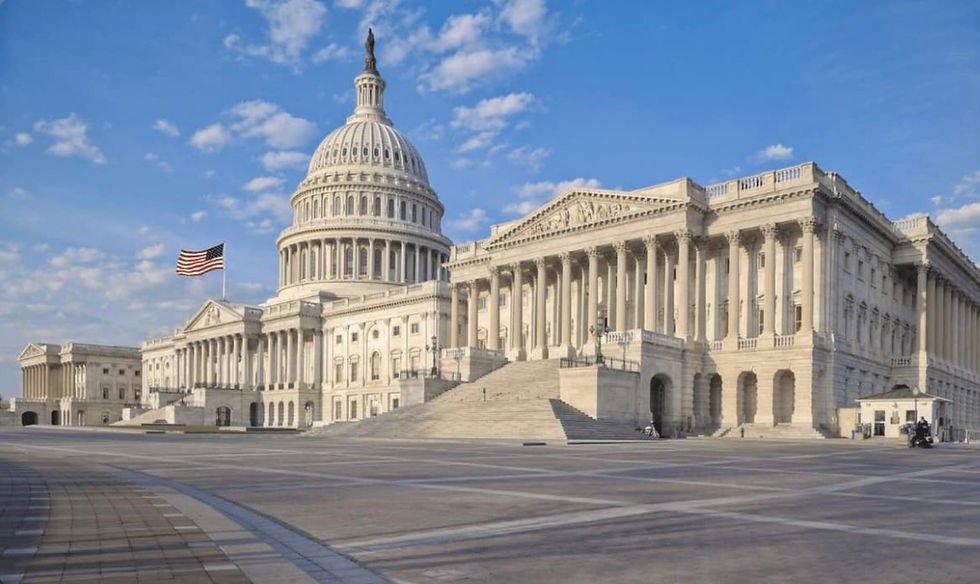XRP: Riding the Waves of Success as the Ultimate Crypto Champion
- awilson074
- Jun 22, 2023
- 2 min read
As a leading crypto consultant, I believe that XRP has the potential to become the most important cryptocurrency in the future. Ripple's focus on making cross-border payments faster and more efficient sets it apart from other cryptocurrencies. Founded in 2012, Ripple developed XRP specifically as a bridge currency for facilitating transactions between different fiat currencies.
Ripple boasts a strong team with notable members on its board, including Rosie Rios, former Treasurer of the United States, who joined in 2020. Rios brings valuable expertise in financial policy and regulation to the company. Brad Garlinghouse, the CEO since 2015, is a vocal advocate for blockchain technology and its transformative potential in the financial industry. David Schwartz, Ripple's Chief Technology Officer since 2012, has been instrumental in the development of Ripple's technology and is highly respected in the crypto industry.
One of Ripple's key strengths lies in its distributed ledger technology, enabling near-instantaneous cross-border payments with significant cost and time savings compared to traditional methods. While Ripple has faced regulatory challenges, the company has proactively addressed concerns and aims to comply with relevant regulations.
Ripple has also formed partnerships with numerous banks and financial institutions worldwide, showcasing the growing network and adoption of its technology. Notable partnerships include Santander, Standard Chartered, American Express, Banco Santander Brasil, PNC Bank, SBI Holdings, and MoneyGram. These collaborations further solidify Ripple's position as a leader in blockchain-based solutions for cross-border payments.
Ripple's recent in-principle regulatory approval to operate in Singapore is a positive development, enabling the company to offer regulated digital payment token products and services and expand the cross-border transfers of XRP. Singapore serves as Ripple's regional Asia-Pacific headquarters, indicating the importance of this market to Ripple's global operations.
Furthermore, Ripple's acquisition of Metaco, a crypto custody services firm in Switzerland, demonstrates its strategic efforts to diversify and expand its market reach beyond the United States. Considering Ripple's technological advancements, strong executive team, regulatory efforts, and growing network of partnerships, XRP has the potential to revolutionize cross-border payments and become the most important cryptocurrency in the future.
It's also important to note that there is a subset of cryptocurrency enthusiasts, often referred to as "Bitcoin maxis," who criticize Ripple and XRP due to their association with traditional financial institutions. These critics often label XRP as a "banker coin" and question its decentralized nature. While healthy skepticism and critical analysis are valuable in the cryptocurrency space, it is essential to recognize that the idea of completely replacing the current financial system with cryptocurrencies may not be feasible or practical.
Instead, a more constructive approach would be to focus on bridging the gap between cryptocurrencies and the traditional financial system, aiming for a merger that creates a worldwide economy that is efficient, accessible, and benefits all stakeholders. This collaboration could harness the strengths of both systems to bring about positive changes in the global financial landscape. With its revolutionary technology, strategic partnerships, and potential to bridge the gap between traditional finance and the crypto world, XRP is making waves that even the most skeptical Bitcoin maxis can't ignore—setting the stage for a Ripple effect that will reshape the future of global transactions.






Comments